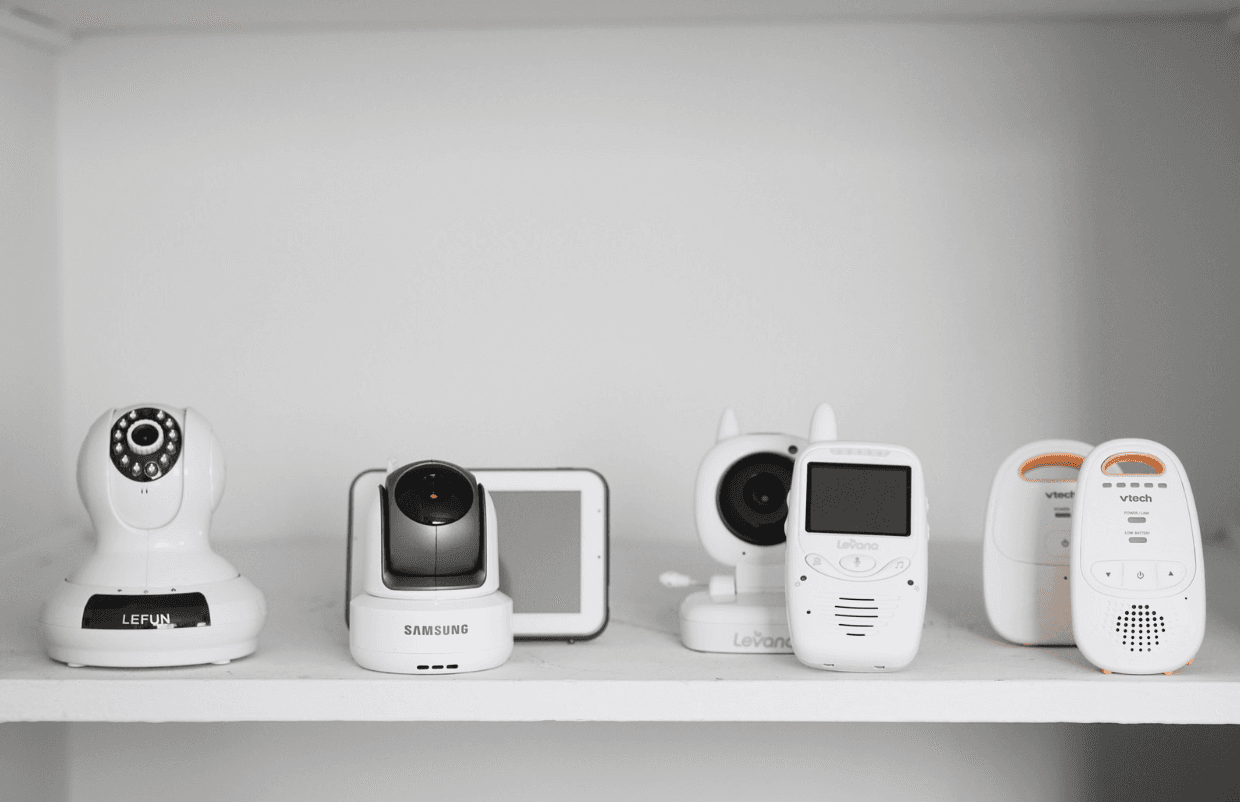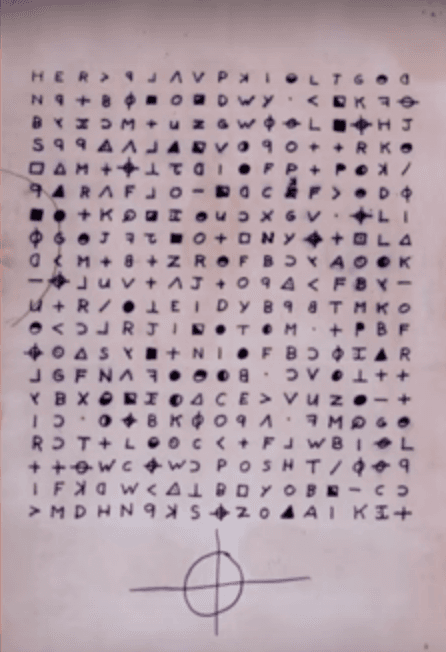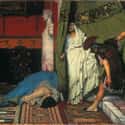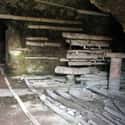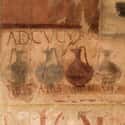-
(#11) Pliny The Elder Wrote A Recipe For Sapa That You Can Still Use Today
Pliny the Elder detailed how to make sapa in the 1st century CE. "Sapa is a product of art, not of nature," Pliny began, "made by boiling down [grape] must to a third of its quantity." Sapa was different from defrutum, Pliny explained, in that sapa was more concentrated. Defrutum was grape juice boiled to one half its volume.
The reduction made sapa much sweeter than grape juice. And the Romans knew that boiling it in lead pots increased the sweetness. While the simple Roman recipe still works to create sapa, today we know not to boil the syrup in lead pots. Sapa, on its own, is safe to consume; it only becomes toxic when it's heated in a lead vessel.
-
(#14) Scholars Debate Whether Lead Exposure Caused Rome's Ruin
With the widespread use of sapa in ancient Rome, it's not a stretch to assume lead contamination was a major problem. But did exposure to the heavy metal contribute to the fall of the Roman Empire? Jerome Nriagu introduced this theory for Rome's decline in the 1980s. Scholars quickly pushed back. Historian John Scarborough called the hypothesis a myth, claiming Romans knew lead was harmful. Nriagu shot back, "Scarborough knows nothing, absolutely nothing, about lead poisoning. Absolutely zero."
However, since sapa was used for centuries before Rome's fall, even during the golden age of the empire's expansion, it's difficult to claim lead exposure was the primary source of Rome's decline. More recently, Hugo Delile, a researcher examining lead levels in ancient Rome's drinking water, says, "Lead is no longer seen as the prime culprit of Rome’s demise."
Nevertheless, centuries of consuming lead-tainted artificial sweeteners certainly didn't help Rome.
-
(#6) Romans Intentionally Used Lead Pots For A Sweeter Flavor
Roman winemakers specifically chose lead vessels to make sapa because the end product was sweeter. A winemaker named Columella said lead pots were better than brass because "in the boiling... [brass] vessels throw off copper rust which has a disagreeable flavor."
Ironically, lead pots made sweeter sapa because of lead acetate, the noxious compound with a sweet taste. When Romans boiled grapes in lead containers, an acid in the wine bonded with the lead to create the compound.
-
(#9) Emperor Claudius Had Tremors And 'Often Slobbered'
The Roman emperor Claudius came to power when his nephew Caligula perished at the hands of his enemies in 37 CE. According to history, Claudius hid behind a curtain during the incident. Once he became emperor, Claudius faced numerous uprisings during his rule. He may have also had lead exposure.
Researcher Jerome Nriagu explains, "He had disturbed speech, weak limbs, an ungainly gait, tremor, fits of excessive and inappropriate laughter and unseemly anger, and he often slobbered."
The descriptions of Claudius as "dull-witted and absent-minded" could be a sign of the aristocracy's general dislike of the emperor - or evidence of lead exposure.
-
(#12) Sapa Wasn't The Only Source Of Lead Contamination In Ancient Rome
Sapa wasn't the only source of lead contamination in ancient Rome. Romans also drank water funneled through lead pipes. The water system in Rome transported spring water across the empire, using aqueducts and lead pipes.
Those pipes also transferred led into the water, exposing ancient Romans to dangerous amounts of the heavy metal.
-
(#2) Romans Preserved Wine With The Toxic Sweetener
Sapa was used for more than sweetening foods. It was also used extensively in the wine industry. Romans preserved wine with sapa, incidentally infusing the drink with lead. The Romans had a reputation for drinking - the average Roman drank a liter of wine each day. That's around 100 gallons of wine each year.
And elite Romans drank even more heavily. The Roman emperor Elgabalus was rumored to drink wine from a swimming pool.
New Random Displays Display All By Ranking
About This Tool
Artificial sweeteners are a class of synthetic or semi-synthetic organic compounds that are widely used as substitutes for sucrose in foods, beverages, drugs and personal care products, so it’s called calorie-free sugar. In recent years, artificial sweeteners are also widely used in animal feed to improve the taste of feed. The first artificial sweetener to be used by humans was Saccharin, which he discovered by accident in 1897 while refining a new preservative from coal tar. SACCHARIN was the only artificial sweetener used in the United States between 1890 and 1930, and was used only in people with diabetes. With the improvement of people’s living standard, the problem of obesity has been paid more attention, which has accelerated the emergence and wider use of artificial sweeteners.
The random generator tool collates 14 items to document Roman times when people were poisoned by artificial sweeteners. Here, you can find events you’ve never heard Of before, such as Ancient Romans Added Sapa To Food And Drinks, SAPA Is Called Sugar Of Lead’, a Single tear Of SAPA Was Dangerous, Romans intended Lead Pots For a sweeper
Our data comes from Ranker, If you want to participate in the ranking of items displayed on this page, please click here.




